
Has mountain biking become more affordable? Some would argue no, but I’d say that if you consider advances like good geometry, now found on value bikes and the popularization of the direct-to-consumer business model in the industry, there’s an argument to be made for a yes. Carbon fiber wheels have long been the pinnacle upgrade. Five to ten years ago, consumers needed to be ready to spend upwards of $1,500 if not more for a set of top-shelf wheels.
Thankfully the direct-to-consumer model has grown and we have options for carbon fiber wheels that are half the cost of some of the pricier options on the market. Silt is a new-ish brand based in Ireland. Silt’s founder spent time at Hunt Wheels and Nukeproof before starting the brand, which now is likely Hunt’s most obvious competitor, also selling alloy and carbon wheels around the $500 and $1,000 mark.
Silt says that the D2C route has helped offer the best pricing possible and opened a direct channel with consumers for feedback.
Silt Carbon AM wheel specs
Silt makes carbon and alloy versions of their XC and enduro wheels, and I opted to try their $1,000 carbon all-mountain wheels. These weigh 1,758g, about average for a sturdy carbon wheel set. They’re available with Boost-spaced hubs, non-Boost, and even a quick release 135mm option. Freehub options are typical: SRAM XD, Shimano MicroSpline, and HG. Rim sizes on offer include 27.5″, 29″, and mixed.
The rims are 24mm deep and have a 31.2mm internal width. The external width measures 38.2mm. Silt reinforces the sidewalls and spoke holes for better durability. The rim bed is ramped for an easier time fitting tires, and the bead lock on the rim should help keep tires more secure.
The wheels have a 32-hole spoke count front and rear with a three cross pattern. Silt uses Pillar double-butted spokes.

Silt’s hub uses a “high speed” ratchet drive instead of a pawl freehub. They say this enhances long-term durability over a pawl system since the load is more spread across the ratchet drive ring. With 36 teeth on the drive ring, the hub has 10° of engagement.
Silt told us that with the simple ratchet design it should make a considerable difference reducing failure compared to a conventional pawl hub. They have considered going with a more toothy ring for better engagement, but it can have drawbacks like pedal kickback and reduced suspension/braking performance. They are currently testing a 54T ring with 6.6° of engagement though.
Lastly, Silt offers some sweet warranty and return deals. The carbon wheels have a lifetime crash replacement policy. This doesn’t cover normal wear and tear, but if the wheels are damaged in a crash, they replace them for free. Silt also has a 30 day return policy if you absolutely don’t like the wheels.
Ride impressions
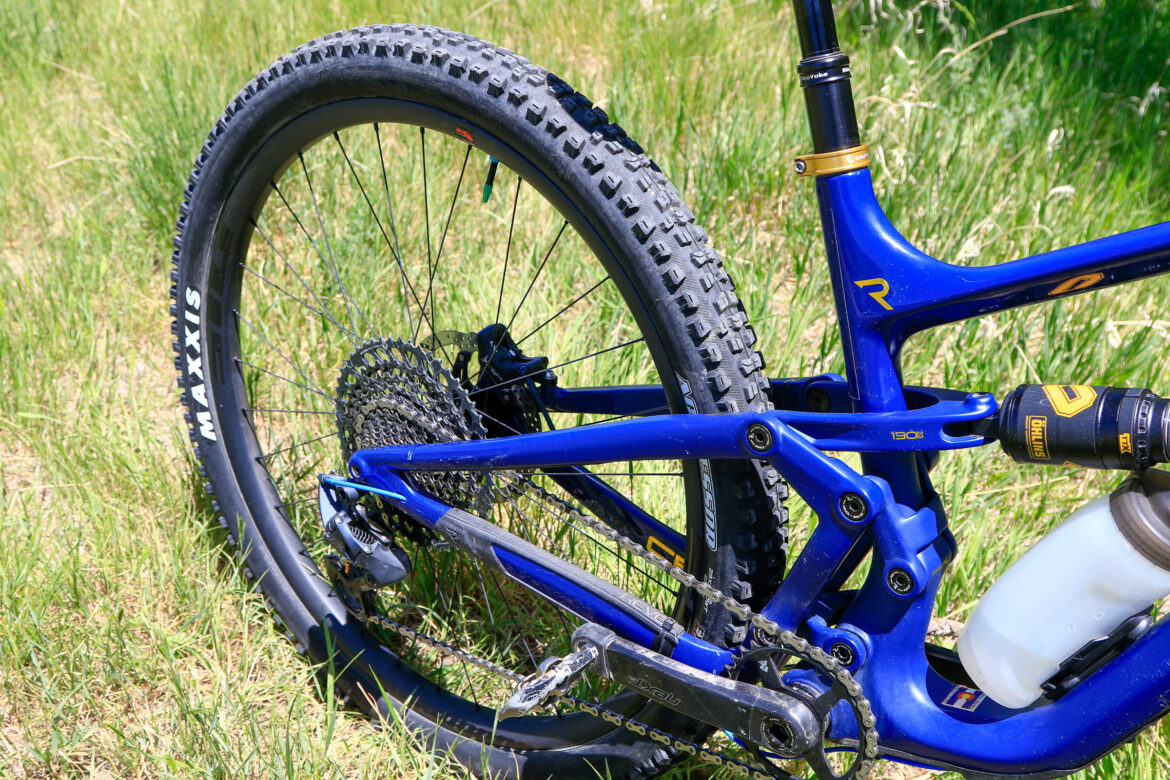
Setup was simple on the Silt carbon all-mountain wheels. I’m not sure if it was really the ramped rim bed, but the tires snapped into place easily and they have been holding air ever since. I have swapped them between bikes too and changing out the freehub body was just as easy.
Previously, I had a set of Hunt’s carbon wheels installed, which made for a great reference point, and the Silt wheels feel quite distinct from them. The Silts didn’t feel like they accelerated as quickly as the Hunts; not quite as snappy, responsive, or stiff. This isn’t a bad thing though as everything has a tradeoff. These certainly don’t feel flexy, but they don’t feel as hard as diamonds either. While they carry speed moderately well uphill, the benefit is on the descent.
The Silts again don’t accelerate quite as quickly headed downhill, but they carry speed extremely well and they float over small bumps and chatter, where carbon wheels that are too radially stiff usually suffer. The wheels really have a unique feel on the descents, where they balance stiffness and compliance for a really nice ride quality. Sustained speed and a confident response through corners without feeling like you’re oversteering makes the Silts a great wheel and easy to get used to.
You may love or hate the drone of the ratchet drive ring. The sound is distinct from buzzy pawl’ed freehubs and a little louder and more nasally. The engagement isn’t what you’ll get on the 5° Hunt hubs. The Silt hubs were noticeably slower to engage. Ten degrees of engagement isn’t bad, but if you’re looking for as many high ranking specs as possible at this price point, it loses to other options. Still, I could ratchet my pedal strokes enough to make it up anything all that techy and haven’t experienced any slipping.
Closing thoughts

There are some longstanding brands in mountain biking that have put carbon wheels and components on an often unattainable pedestal. Those names are associated with exclusivity and affluence, largely because of the price.
Fortunately, direct-to-consumer wheel options are growing, and with competition and new business models, consumers are getting more choices, like the $1,000 Silt carbon all-mountain wheel set. These wheels have a high quality ride feel that balances stiffness and compliance, and a hub with decent engagement and presumed durability. We’ll update this post if any of this changes, but our time with the wheels so far implies we won’t need to.
- Price: $1,000
- Available from Silt.
Party laps
- Great wheels for the price
- Unique ride quality
- Warranty and crash replacement program
- Durable ratchet hub should mean care-free wheels
Pros and cons of the Silt carbon all-mountain wheels
Dirt naps
- Still a tough choice between other D2C wheels
- Hub engagement could be tighter


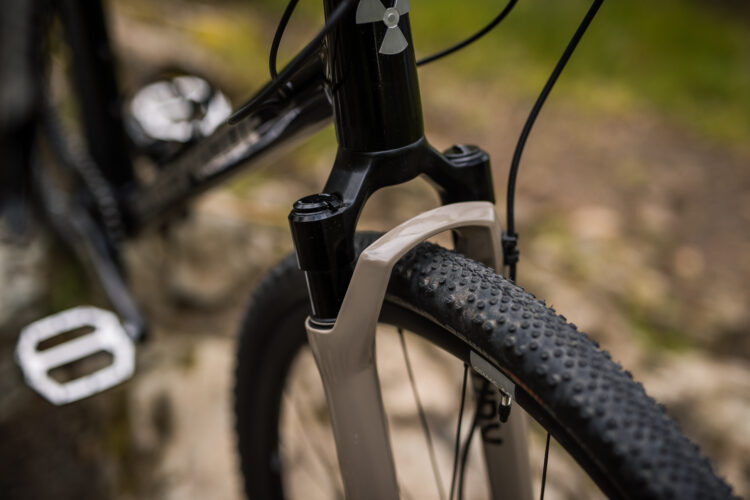
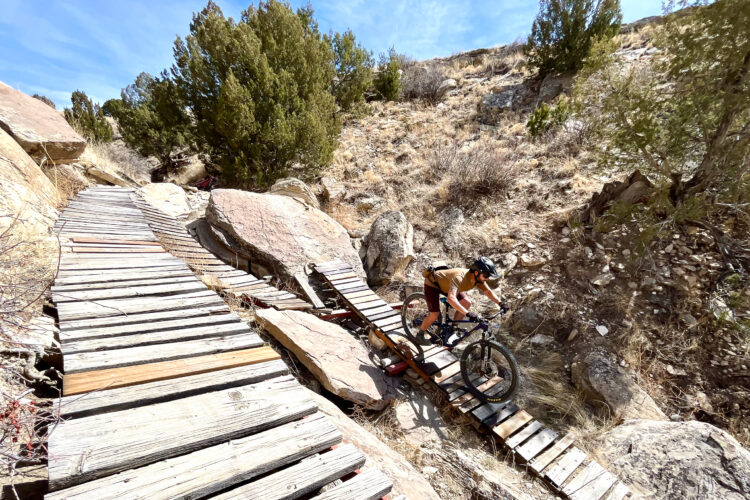
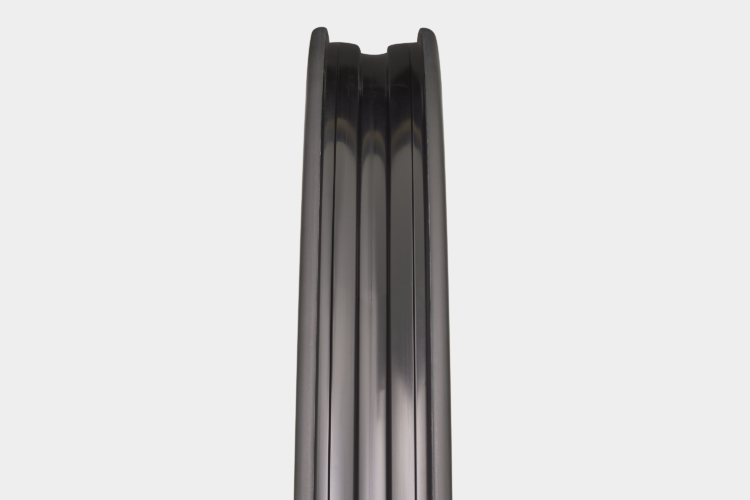
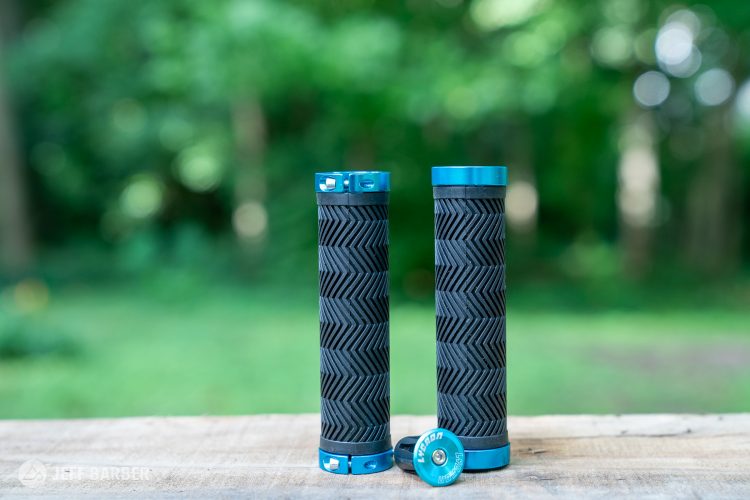
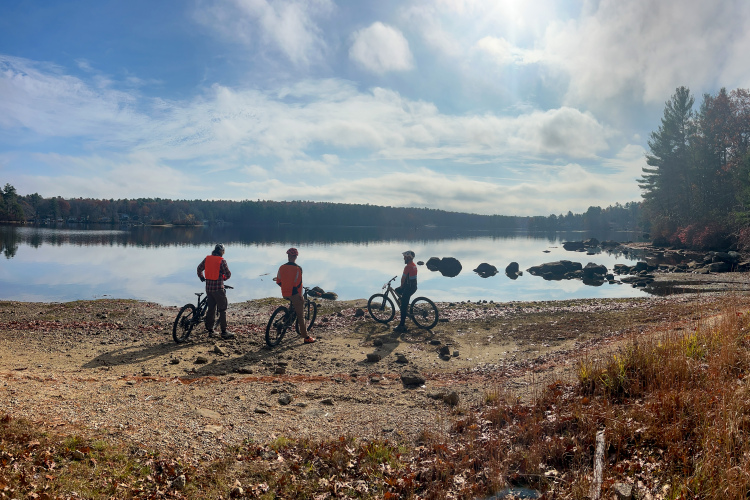


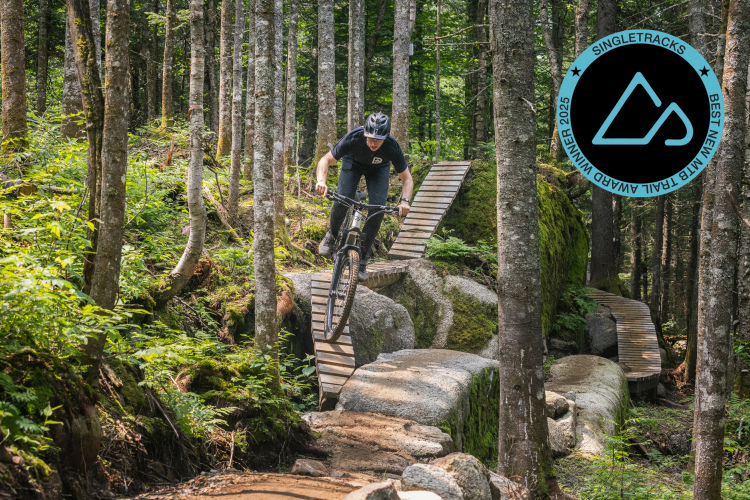

4 Comments
Jun 17, 2022
Jun 19, 2022
Jun 25, 2022
Jun 25, 2022
Come on, folks! you're at the drawing board, design a clutch that engages same day. Seriously, it can be done without a budget breaker since it can be done with no change in manufacturing cost.